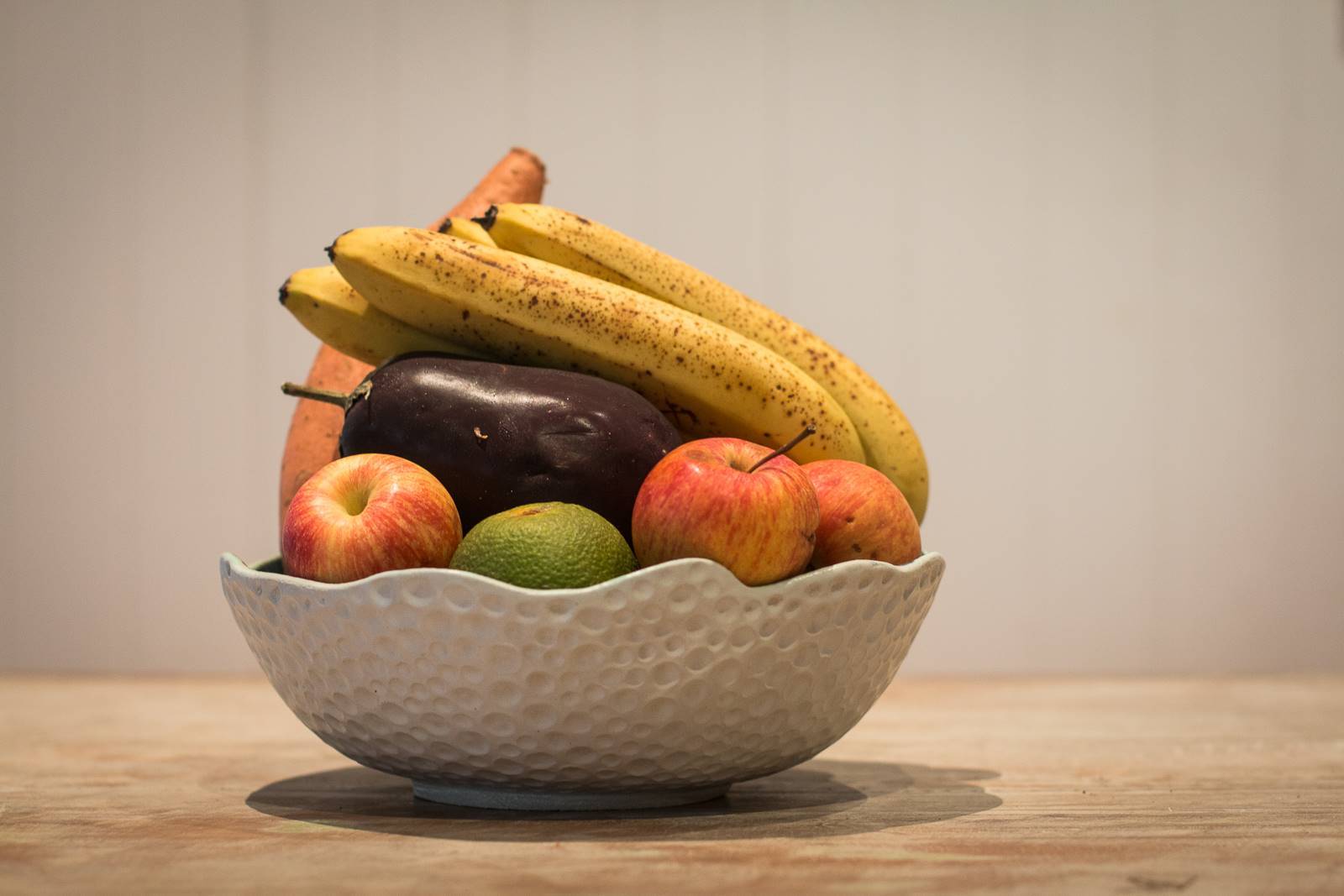Nutrition: Eating for immunity
Find out what works best to keep you immune system topped up!
Words: Zoe Wilson, APD Photos: Mike Blewitt
A healthy lifestyle supports a healthy immune system, particularly if you’re active. In people training regularly, immune function plays a role not only in fighting off infections, but also in promoting recovery from training. Being proactive with your diet ensures your immune system gets the nutrients it needs to be fighting fit. Try these tips to keep your immune system firing on all cylinders.
Focus on eating good quality food
Now more than ever it is really important to focus on eating a wide variety of good quality foods. Research shows improving nutrition status (or how well-nourished you are) helps to support optimal immune function.
In particular, vitamins A, B, C, D and E and the minerals iron, selenium, and zinc are essential to fighting infection. To make sure you get a good variety of these essential vitamins and minerals, put as many different colours on your plate as you can. Think about eating a range of foods from the five food groups each day but keep it unprocessed if you can. Fill your meals with fruit and vegies, dairy, eggs, meat, chicken and fish, legumes, whole grains, nuts and seeds. If you’re struggling to find fresh, buy frozen. Or vice versa, if you’re struggling to find frozen buy fresh, cook it up and freeze it yourself!
Eat enough
Eating enough calories to match your training and have enough left over to fuel your immune system is extremely important. If you don’t eat enough to meet the demands of training and getting through your regular day, you won’t have enough energy available for regular body functions including your immune system. This is essentially like telling your immune system to ride a bike with no wheels – it isn’t going to get far! Eating enough is particularly important for endurance athletes, so if you’re training long and hard, try to match your food intake to your training load each day – eat less on a rest day and more on your long ride days.
Don’t be afraid of carbs
As well as how many calories you’re eating, think about where your daily calories come from. If you’re still training hard, make sure you’re not shying away from carbohydrate. Eating enough carbohydrate to support the demands of training can reduce the release of stress hormones like cortisol after a long session and reduce the stress placed on the immune system. How much is enough? This depends on the training you are doing, but as a general rule of thumb, 5 to 7g/kg/day is recommended for general training needs and 7 to 10g/kg/day is recommended for the increased needs of endurance athletes.
Stay hydrated
A body that is dehydrated is not functioning at its best, so make sure to drink consistently throughout the day. Our saliva is one of the body’s front-line defences. If you’re dehydrated, levels of immune proteins in your saliva decrease, meaning the initial defence to bacteria entering through the mouth is lowered. Aim to drink at least 1.5-2L total fluid over the day – sip constantly! Water is ideal, but adding some flavour such as mint, lime, diet cordial or herbal tea is a simple way to make drinking easier.
The bottom line…
Unfortunately, there isn’t a magic bullet to increase our immunity. Eat well, eat often and make sure you look after other areas of life too. Exercise regularly but back off the intensity, and ensure you get enough rest and recovery. Prioritise sleep as this is when your body produces some of the proteins central to the immune response. Also look after your mental health which is just as important as physical health for your immune system. And last, but definitely not least… The best way to minimise transmission of virus’ and bacteria is to practise good hand hygiene, so make sure you are washing your hands regularly. Do all of this and you’ll give your body the best shot at keep infection away and staying healthy.
Essential vitamins and minerals for a healthy immune system
Vitamin A is essential to the first line of defence. Vitamin A is found in in oily fish, egg yolks, cheese, tofu, nuts, seeds, whole grains and legumes. Leafy green vegetables and yellow and orange vegetables like pumpkin and carrots contain beta-carotene which can be converted into vitamin A as well.
B vitamins (especially B6, folate & B12) help to support the body’s first response to a pathogen and can be found in cereals, legumes, green leafy vegetables, fruit, nuts, fish, chicken, meat, eggs and dairy.
Both vitamin C and E help to protect cells and reduce inflammation. Citrus, berries, kiwifruit and capsicum are packed with vitamin C and nuts, green leafy veg and vegetable oils are full of vitamin E.
Vitamin D helps destroy pathogens that cause infection. Whilst most of our body’s vitamin D comes from exposure to the sun, foods such as eggs, fish and some milks and margarine brands (with added vitamin D) as well as supplements, are still good sources.
Iron, selenium and zinc are also essential to the immune response. Meat, chicken and fish are the best sources of iron (legumes, whole grains and fortified breakfast cereals are good vegetarian sources); seafood, meat, chicken, beans and nuts are good sources of zinc; and brazil nuts, meat, cereal and mushrooms are good sources of selenium.







